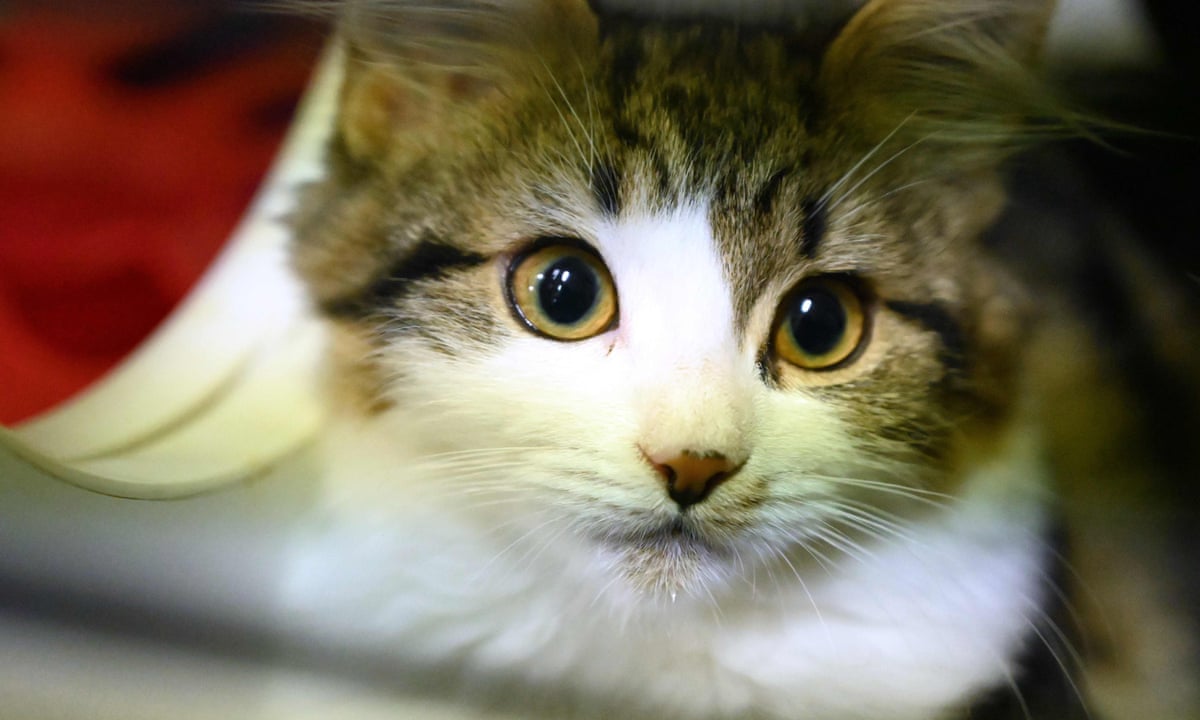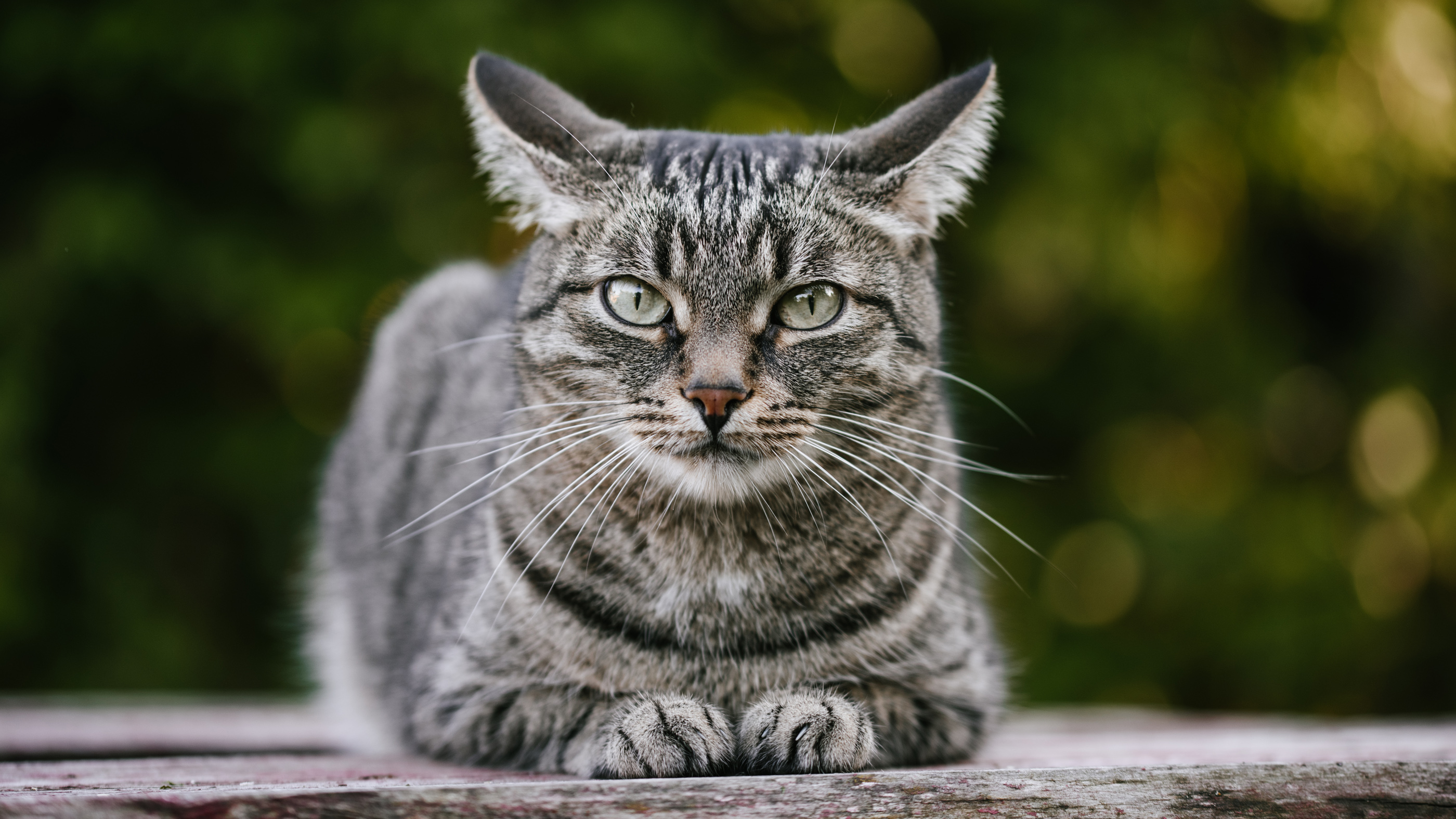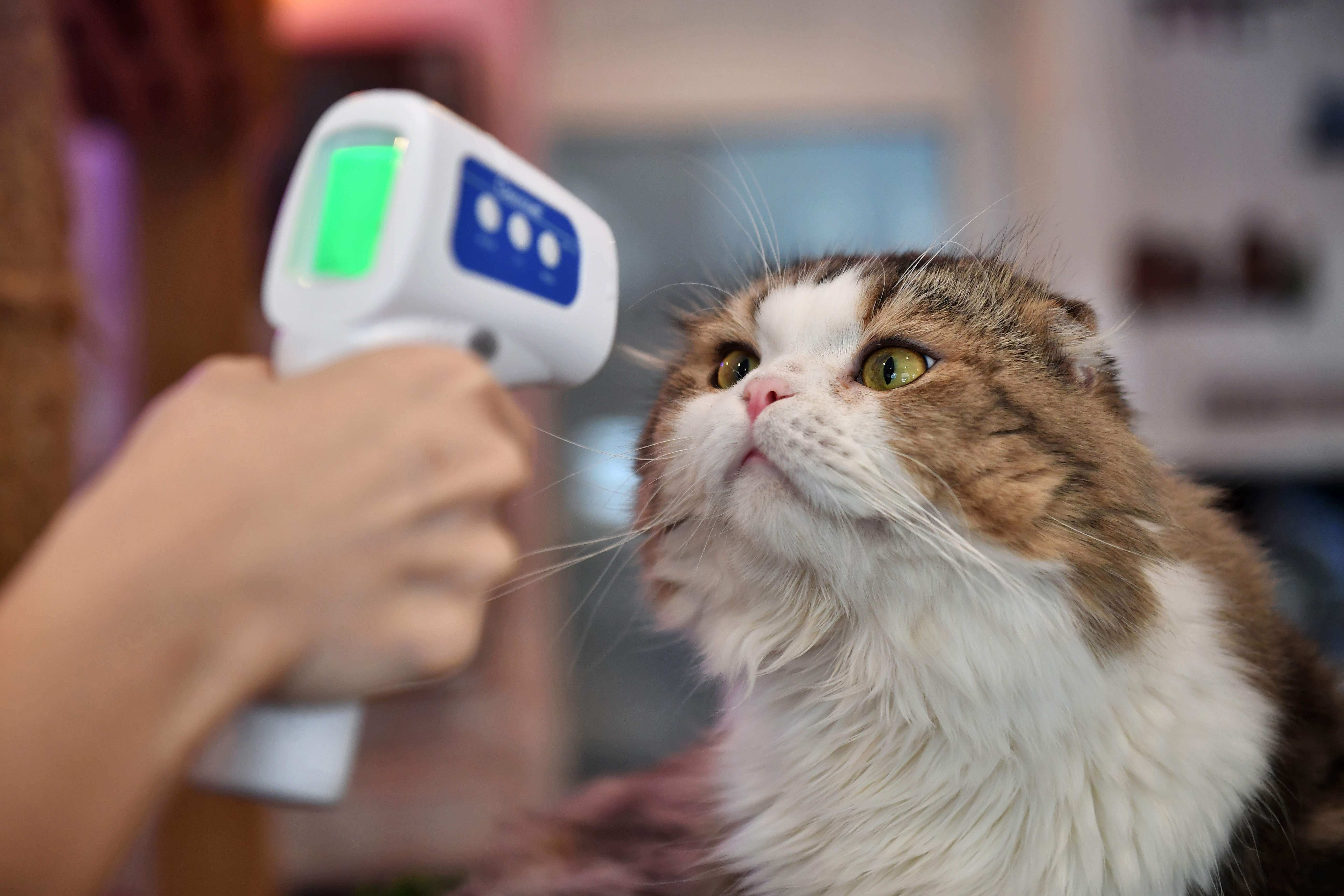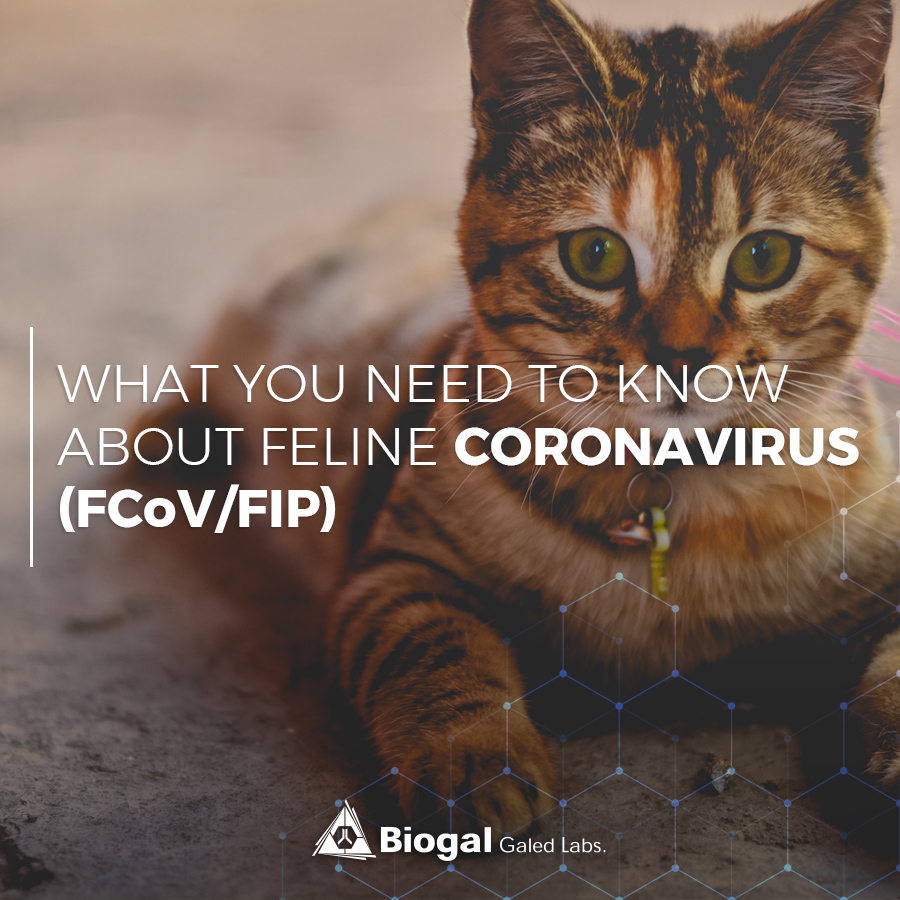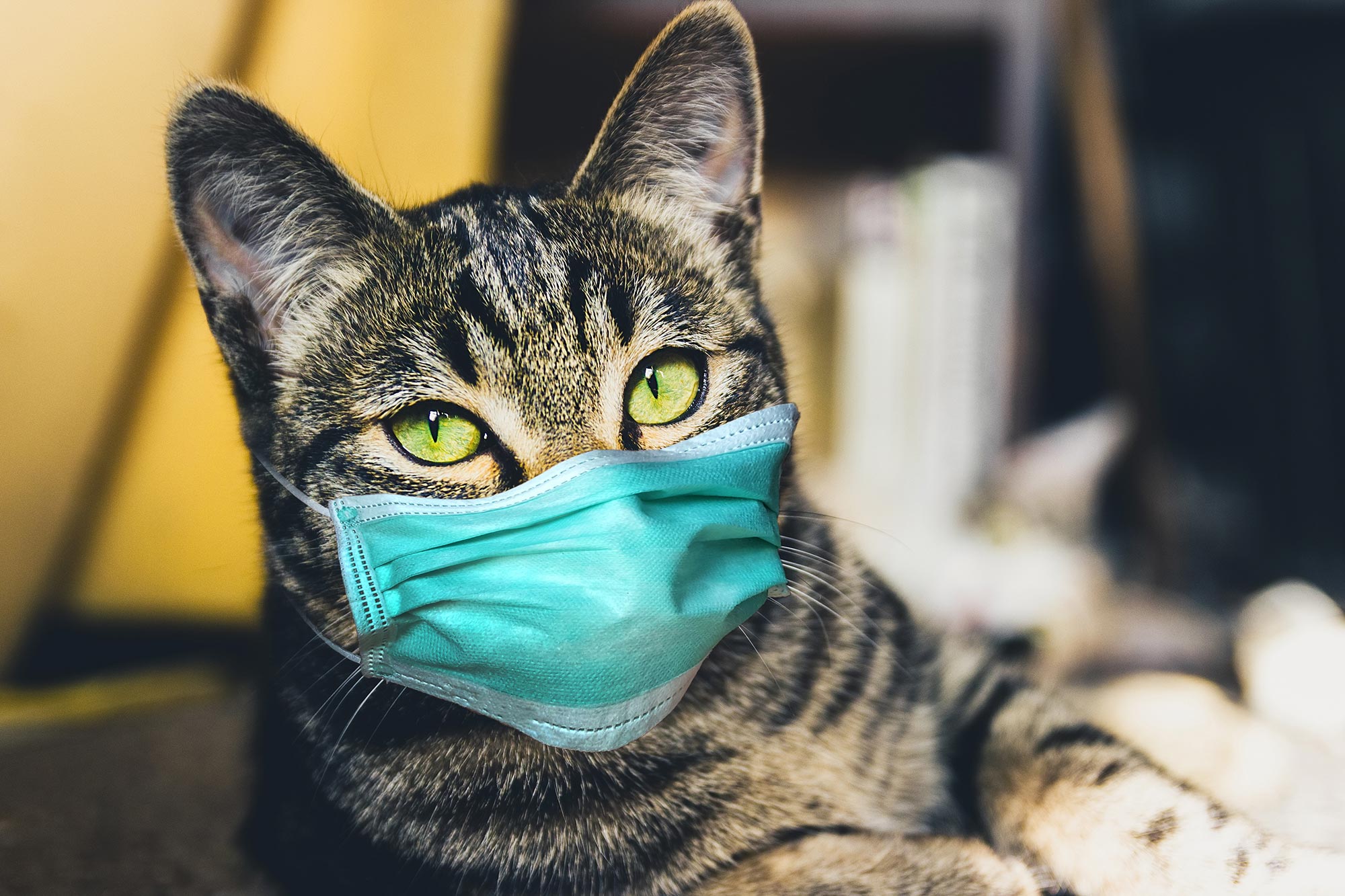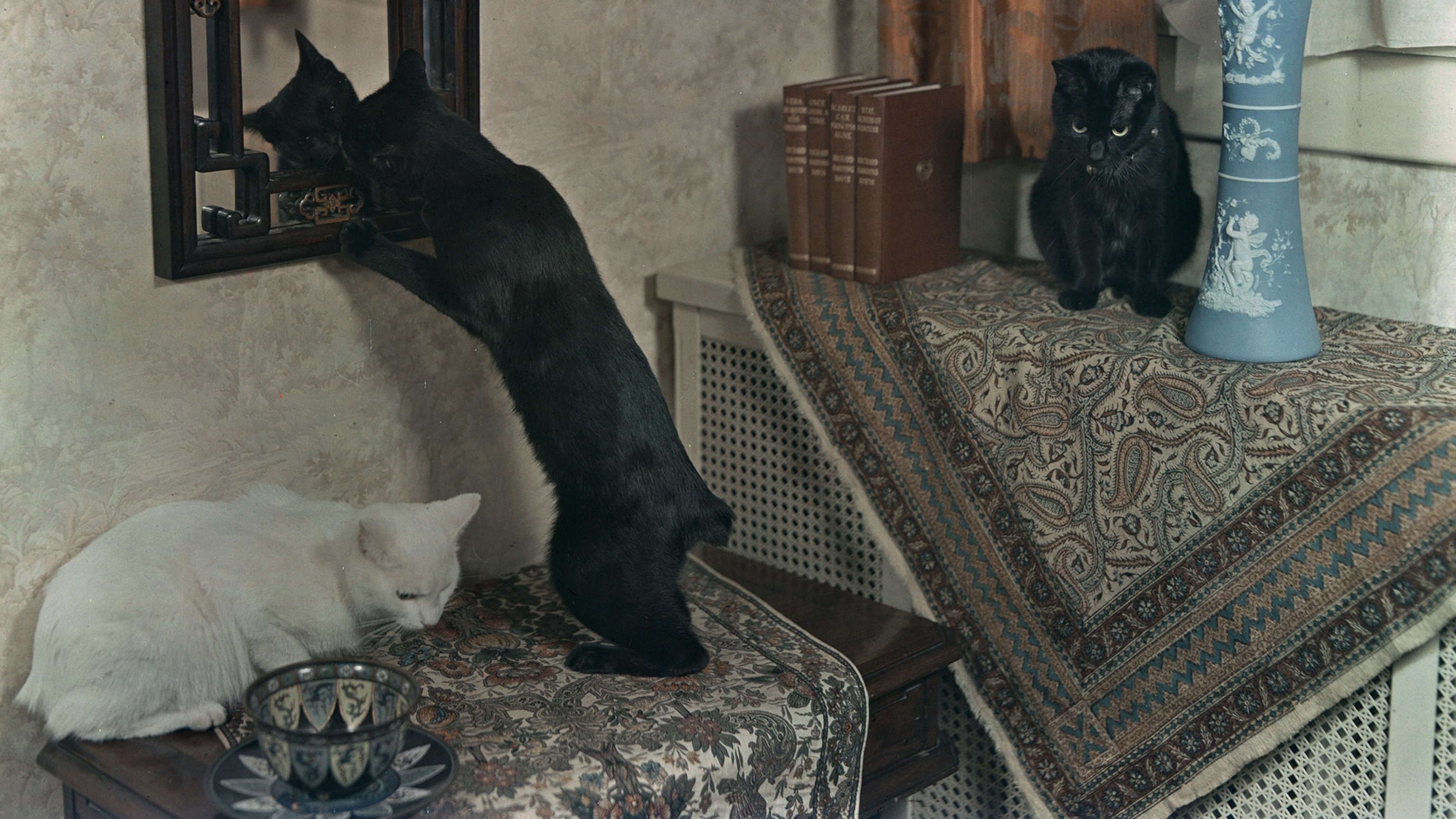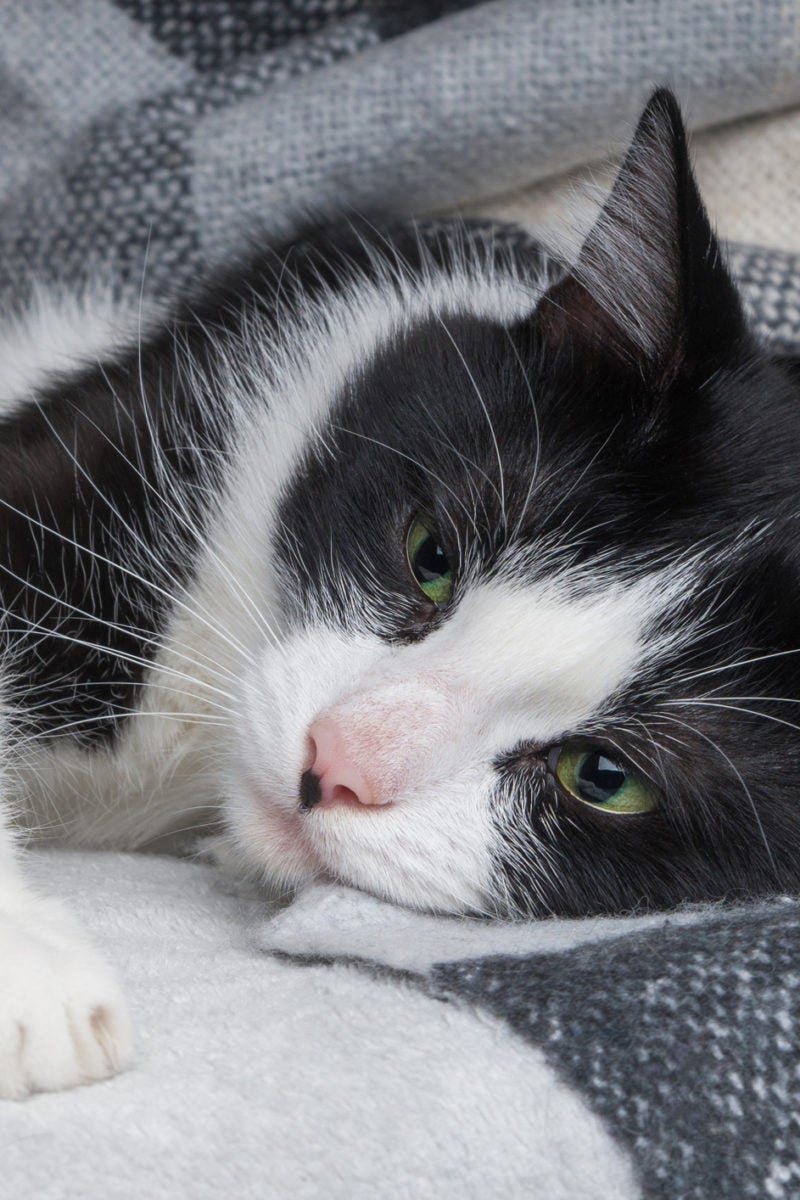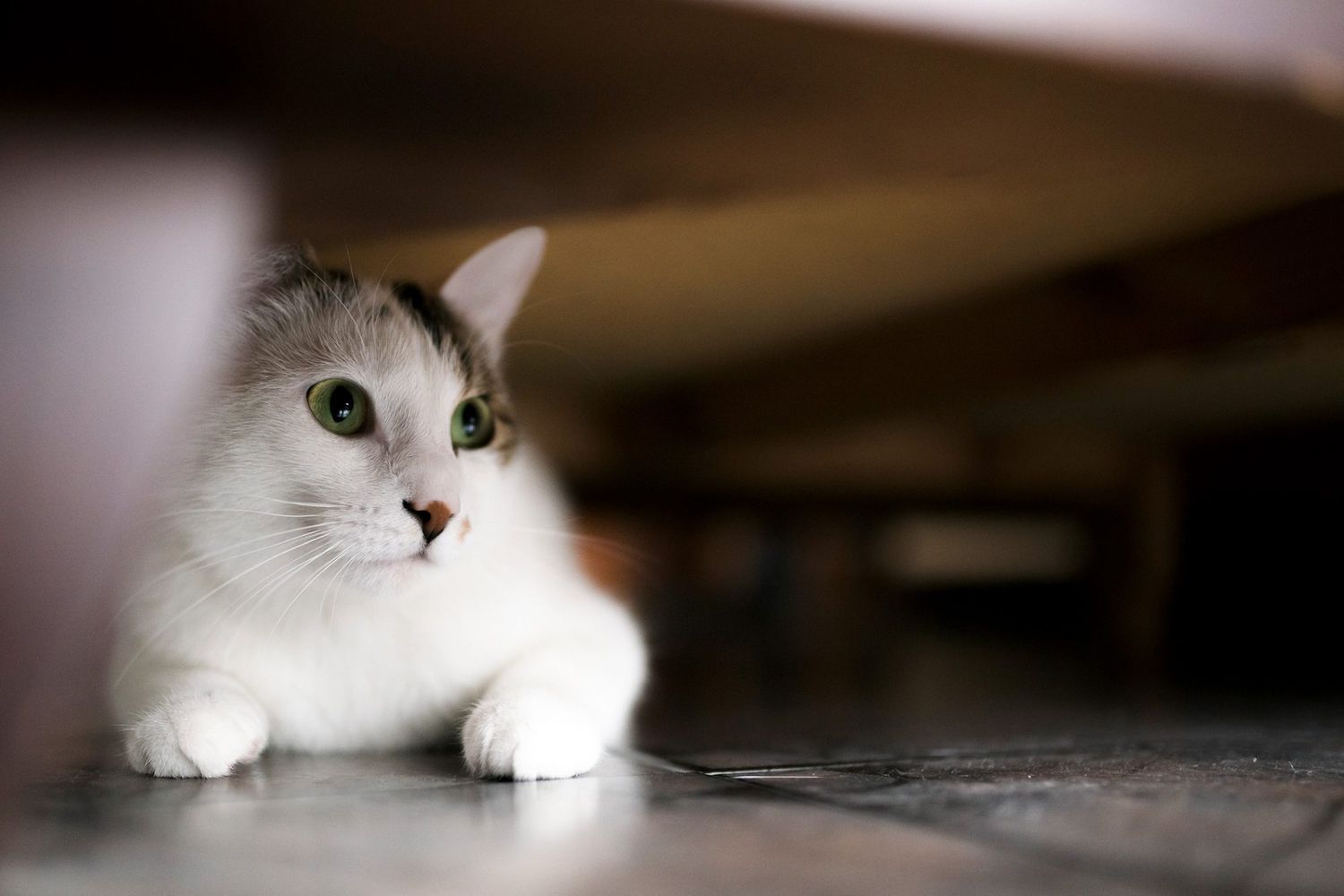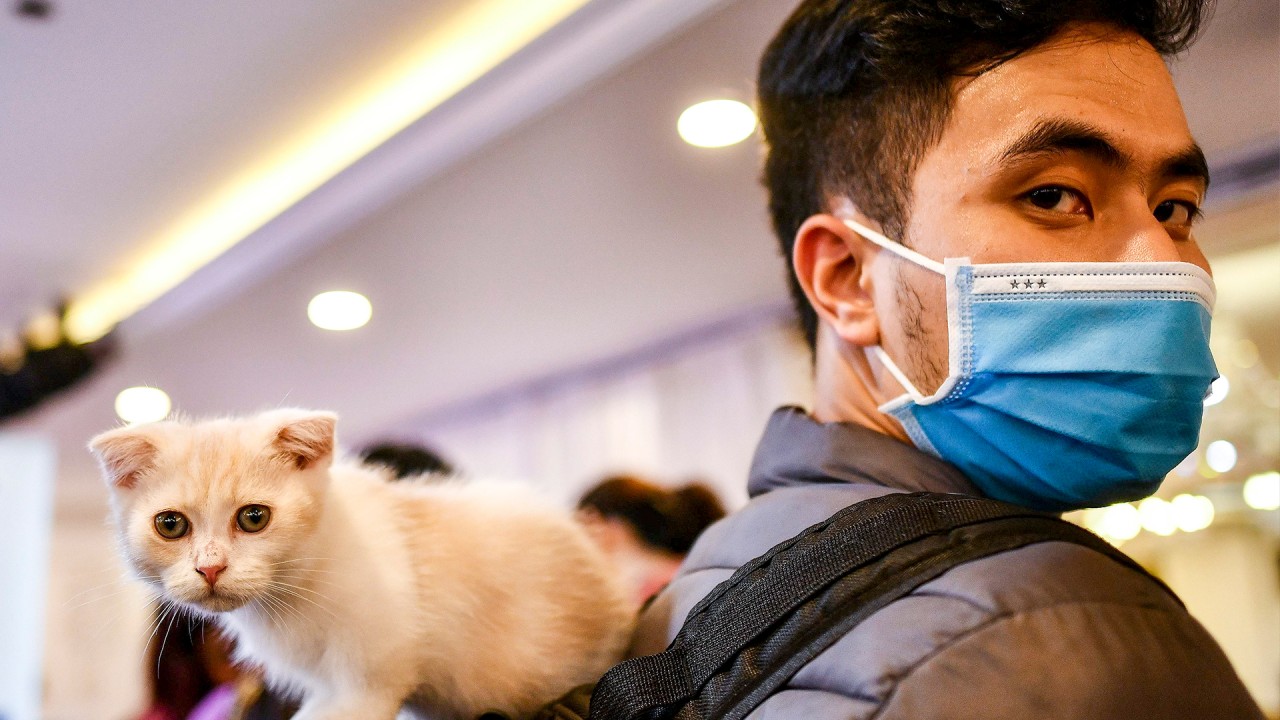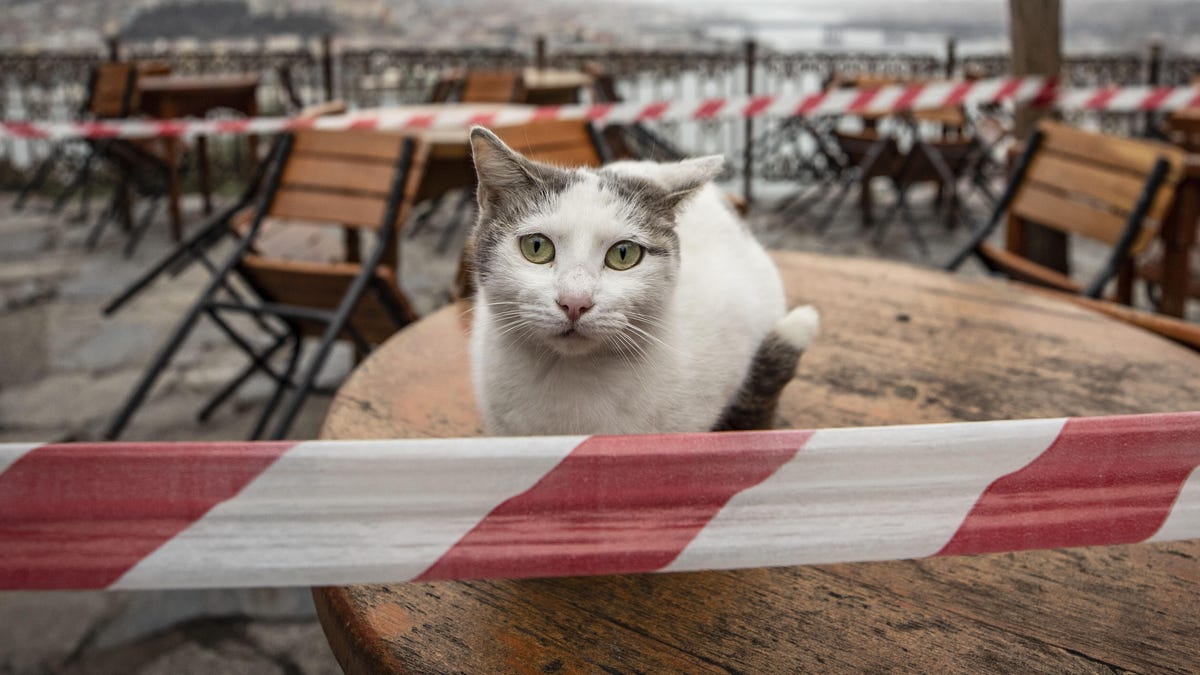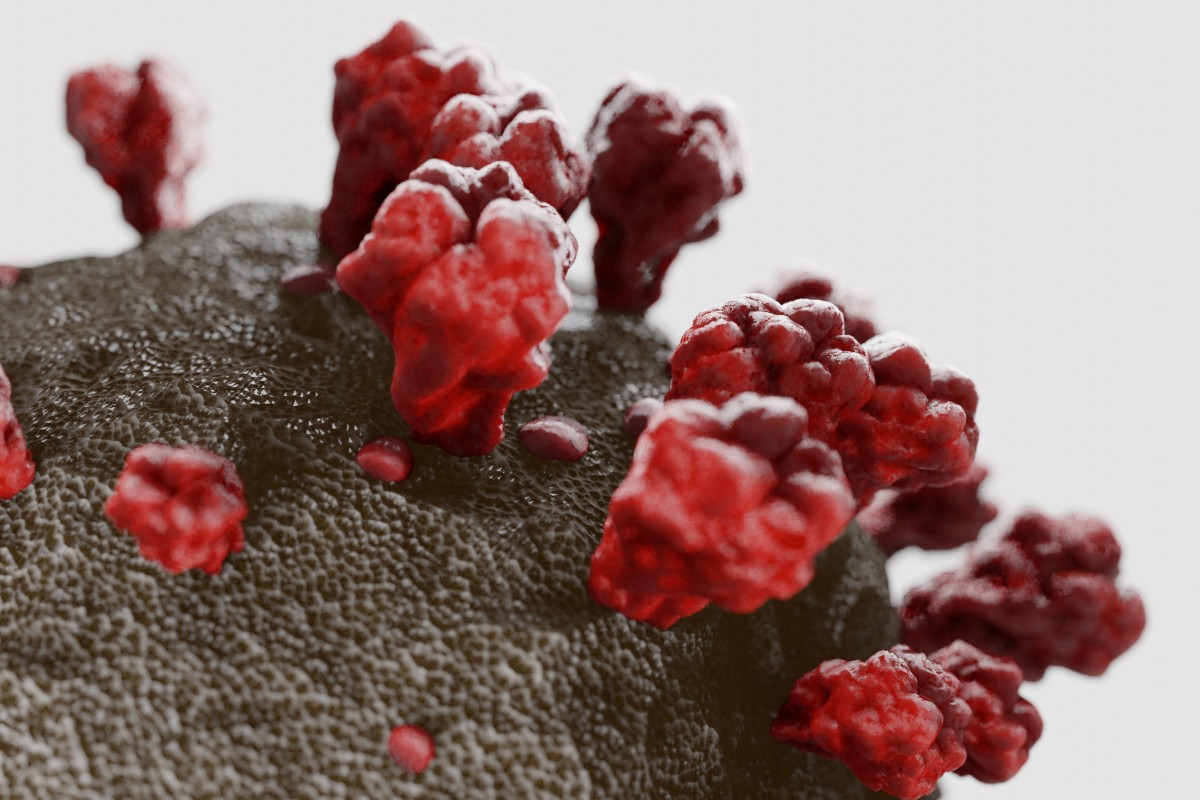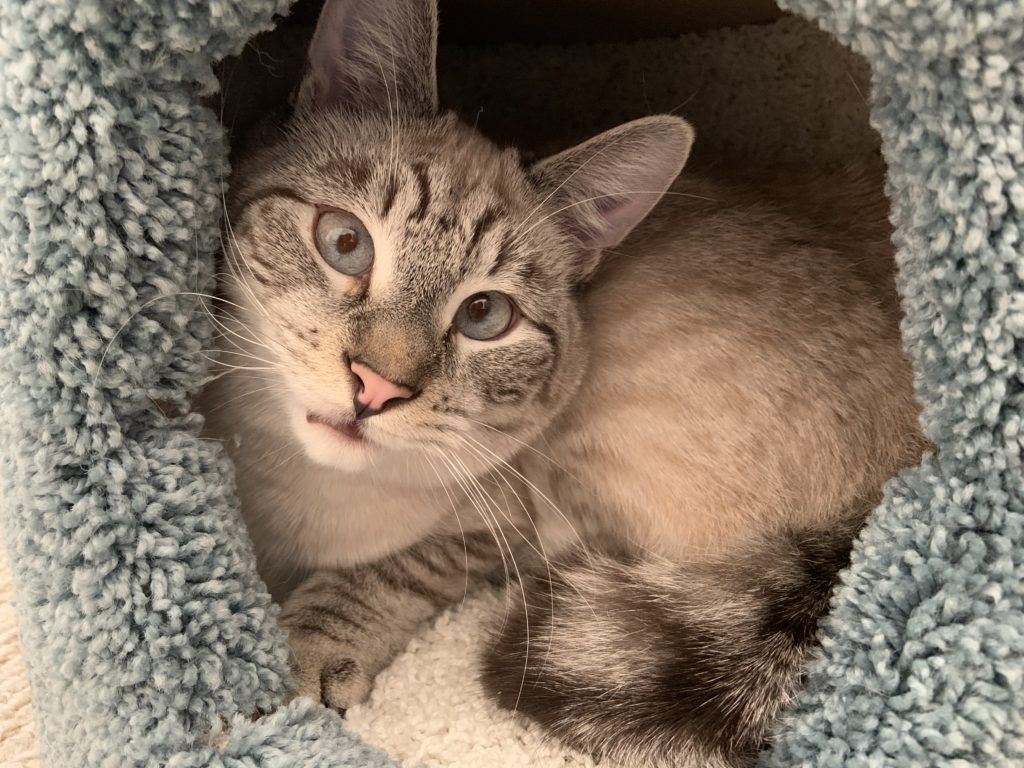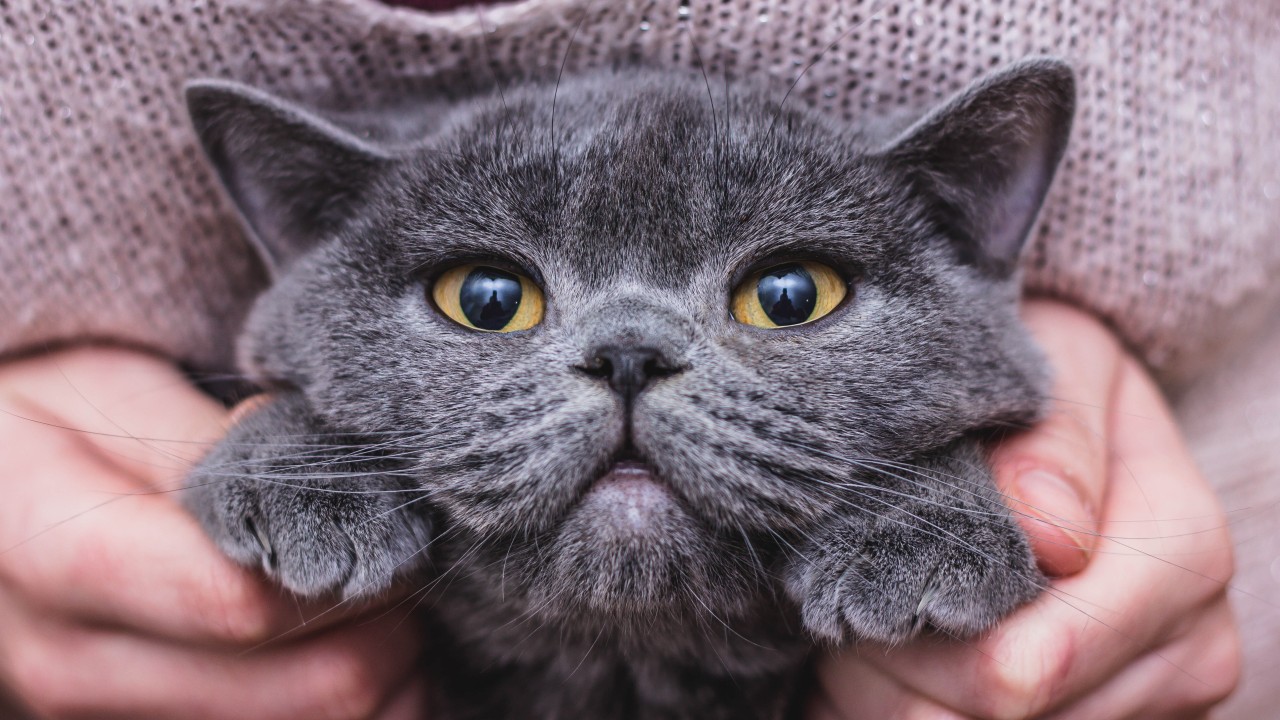Domestic Cat Coronavirus Symptoms
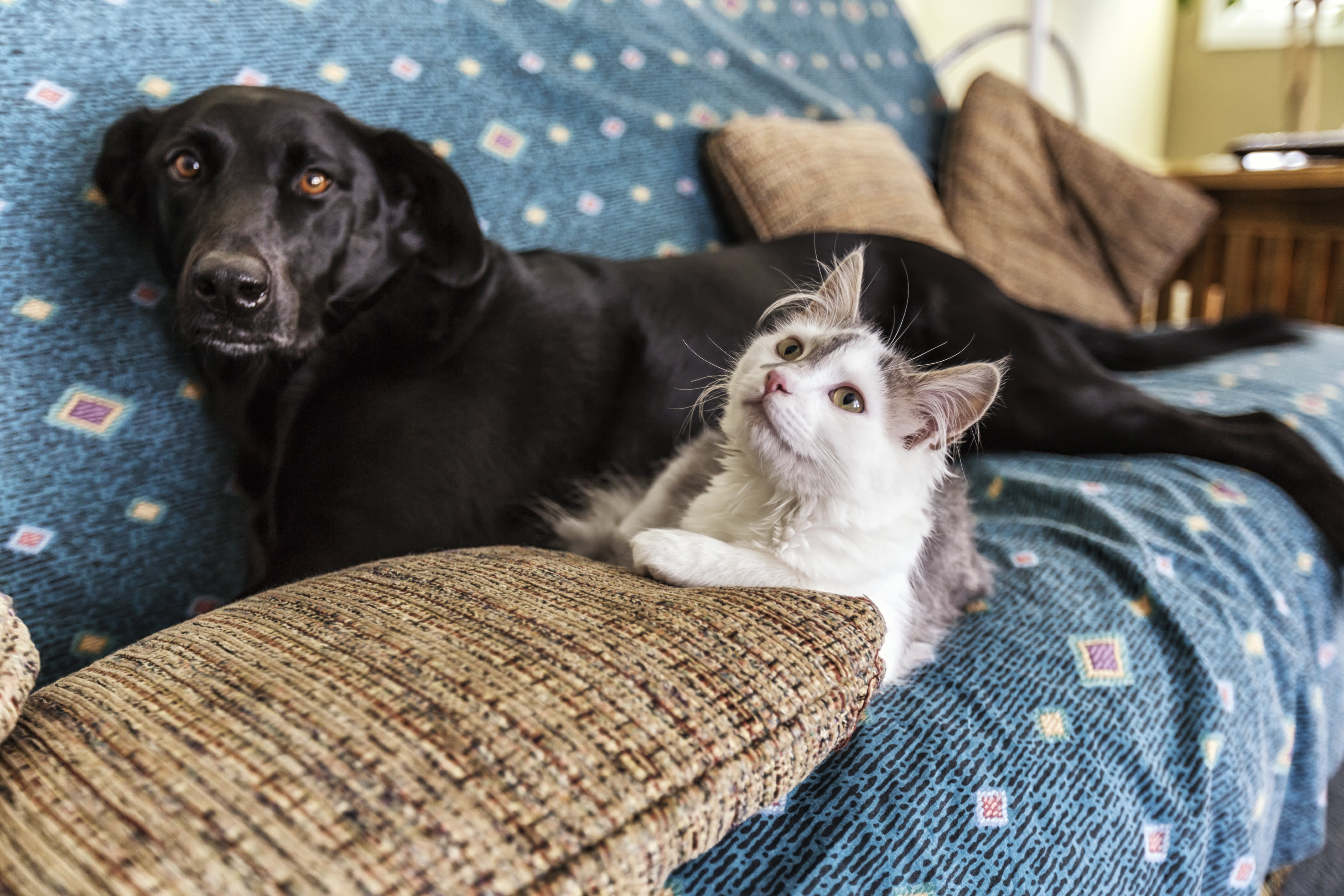
Introduced samples of the SARS-CoV-2 virus into the noses of five domestic cats.
Domestic cat coronavirus symptoms. Within five days coronavirus was found in all three of the newly exposed animals. However if your cat is experiencing respiratory issues its highly likely these signs are due to one of the other primary reasons before COVID-19 that cats can develop respiratory system issues. Cats appear to be at least mildly susceptible to COVID-19.
The cat in Belgium however developed respiratory and gastrointestinal symptoms one week after its owner returned from Italy. Of the small number of dogs and cats confirmed to have the virus that causes COVID-19 some didnt show any signs of illness. This virus is not the same coronavirus that can cause the common cold in humans nor is it the same as canine coronavirus CCoV.
Feline Coronavirus FCoV is a common viral infection in cats. The animal displayed anorexia vomiting diarrhoea breathing difficulties and cough but its symptoms started improving on their own nine days after the onset of the disease. Feline coronavirus is very common and usually.
None of them died. The cat has recovered after 9 days but is still being observed by vets. The severity of disease caused SARS-CoV-2 infection in cats is unclear.
The first positive case cat 1 was from a household that had 3 persons with confirmed cases of COVID-19. According to the CDC the following signs may indicate that your cat has contracted COVID-19. In the naturally occurring case of feline COVID-19 from Belgium the cat developed GI and respiratory problems and recovered within nine days.
Feline infectious peritonitis FIP is a viral disease caused by a feline coronavirus that affects wild and domestic cats. Pet cuddles warning after cats infected with coronavirus by owners. Some coronaviruses such as canine and feline coronaviruses infect only animals and do not infect people.


